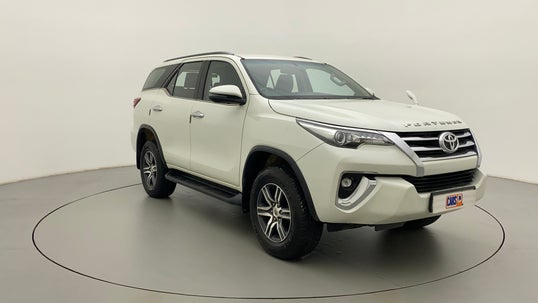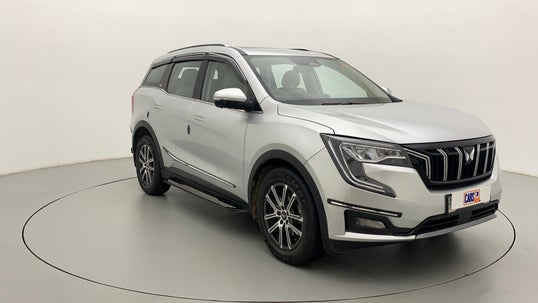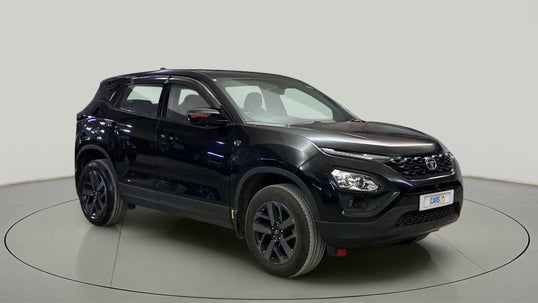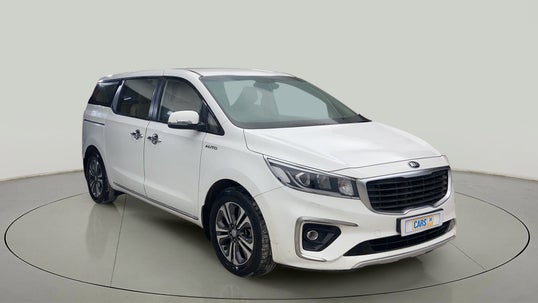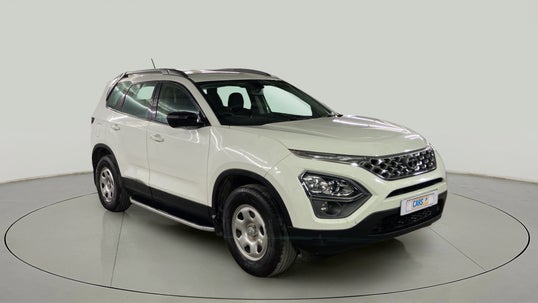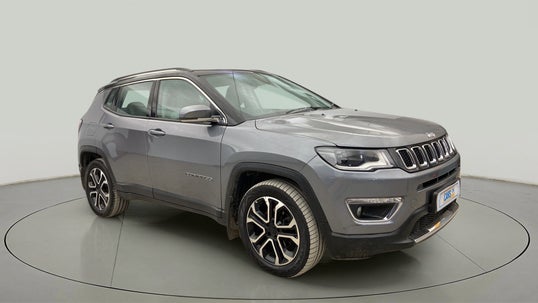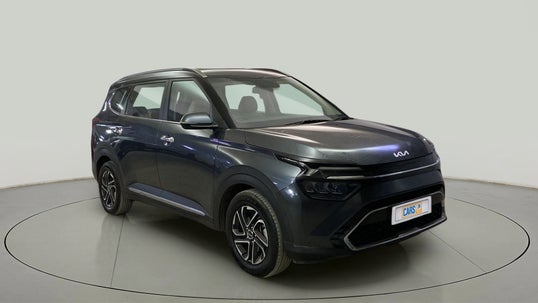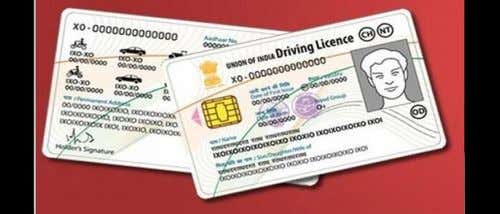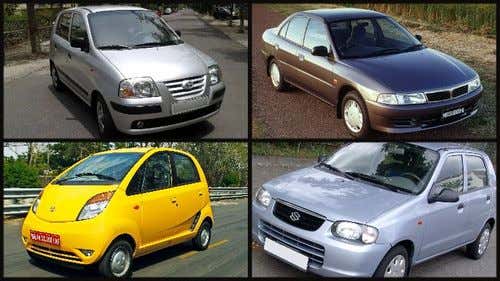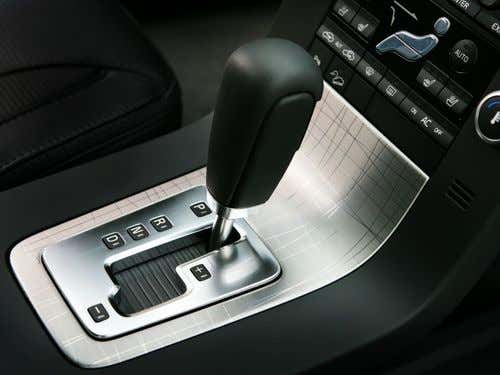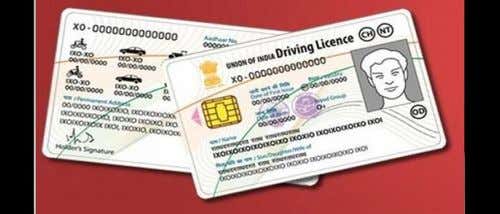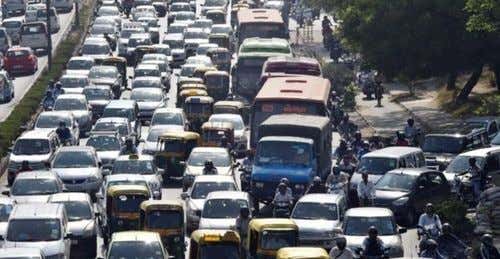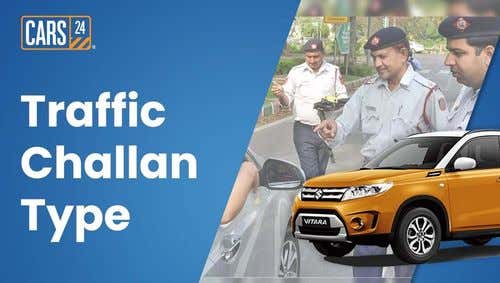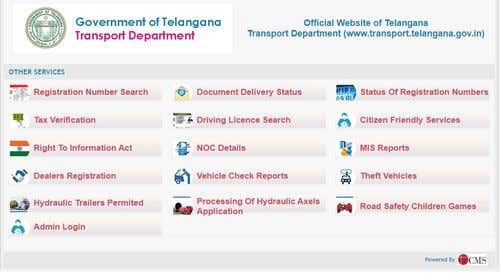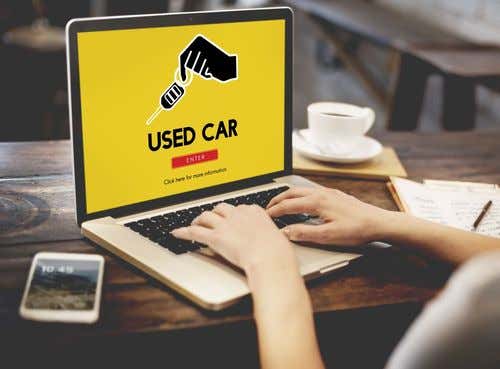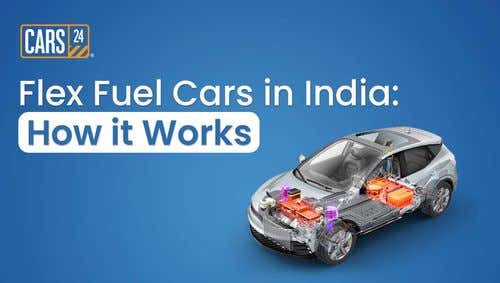How to Choose the Right Car Insurance Policy?

Updated on: 25th July, 2023 IST
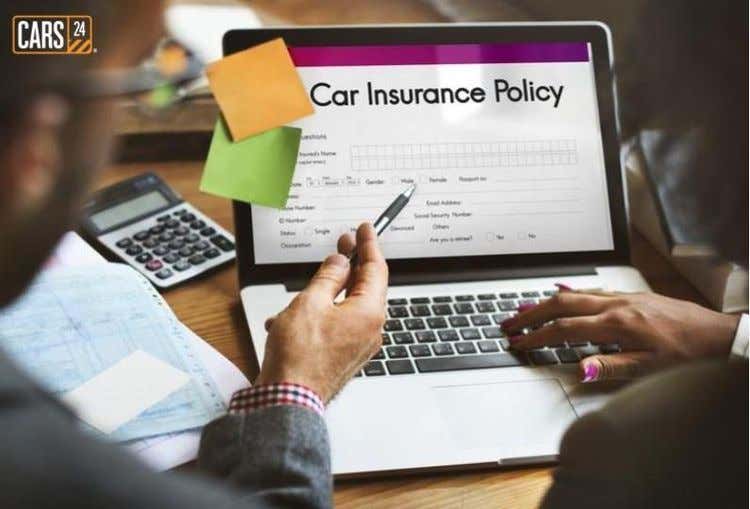
Car insurance is a crucial aspect of owning a vehicle, providing financial protection in case of accidents, theft, or damage. It is essential to choose the right car insurance policy that suits your needs and offers comprehensive coverage.
In this beginner's guide, we will walk you through the process of selecting the best car insurance policy, considering factors such as coverage types, premium calculation, add-on covers, comparing quotes, and more. So let's get started!
Table of Contents
- Types of Car Insurance Policies You Can Choose From
- How to Choose the Right Car Insurance Policy?
- Understanding Car Insurance Coverage Types
- Factors Affecting Car Insurance Rates
- How to Compare Insurance Quotes from Different Companies
- Understanding the Claims Process
- Tips for Maintaining Insurance Coverage
- The Bottom Line
- FAQs
Types of Car Insurance Policies You Can Choose From
When it comes to car insurance, there are several types of policies available in India, each catering to different needs and preferences. Let's take a closer look at the primary types of car insurance policies you can avail:
| Type of Car Insurance Policy | Coverage Provided | Key Features |
| Third-Party Car Insurance | Damages or injuries caused to a third party Third-party property damage Bodily injuries to third parties | Mandatory by law Basic coverage Protects the interests of other individuals affected by your vehicle |
| Comprehensive Car Insurance | Damages or injuries caused to a third party Own vehicle damage Accidents, theft, fire, natural calamities, etc. | Broader coverage Protects against various risks Peace of mind with comprehensive protection |
| Own Damage Car Insurance | Own vehicle damages | Focuses on covering damages to your vehicle Alternative to comprehensive insurance Suitable for those seeking protection for their vehicle |
| Zero Depreciation Car Insurance | Full claim amount without considering depreciation | Add-on cover for comprehensive insurance No depreciation deduction during repairs/replacement Minimises out-of-pocket expenses |
| Personal Accident Cover | Coverage for accidental injuries or death of the policyholder while driving | Included in the car insurance policy Provides financial support in case of injuries or fatalities Ensures the well-being of the insured individual and their family |
- Third-Party Car Insurance Policy
Third-party car insurance is the fundamental and mandatory coverage required by law in India. It provides financial protection against damages or injuries caused to a third party due to your vehicle's involvement in an accident. This includes coverage for third-party property damage and bodily injuries. However, it does not cover damages to your vehicle.
- Comprehensive Car Insurance Policy
Comprehensive car insurance offers a broader scope of coverage compared to third-party insurance. It not only covers damages to a third party but also provides coverage for your vehicle. This policy protects you against a wide range of risks, including accidents, theft, fire, natural calamities, and more.
- Own Damage Car Insurance
This type of policy covers damages to your vehicle caused by accidents, theft, fire, natural disasters, and other specified perils. It is an alternative to comprehensive car insurance and focuses solely on providing coverage for your vehicle without including the third-party aspect.
- Zero Depreciation Car Insurance
Zero depreciation car insurance, also known as a zero-dep policy, is an add-on cover that you can opt for with your comprehensive car insurance. This cover ensures that you receive the full claim amount without factoring in depreciation on the value of parts during repairs or replacement. With zero-depreciation car insurance, you can avoid the deduction of depreciation that typically occurs in standard comprehensive policies.
- Personal Accident Cover
While not a separate policy, a personal accident cover is an essential component that can be included in your car insurance policy. It provides coverage for accidental injuries or death of the policyholder while driving the insured vehicle. In the event of an accident resulting in bodily injuries or fatalities, the personal accident cover ensures that the insured individual or their family receives financial support.
Also Read : A Quick Guide to Selling a Car Without Insurance Cover
How to Choose the Right Car Insurance Policy?
Choosing the right car insurance policy requires understanding the various coverage types available, such as liability, collision, comprehensive, and uninsured/underinsured motorist coverage.
Additionally, considering factors like age, car make and model, driving history, location, and deductible amount can help in making an informed decision that suits your needs and budget. Here's a breakdown of the process:
Understanding Car Insurance Coverage Types
Before choosing a car insurance policy, it's crucial to understand the different coverage types available. The common coverage types include:
- Liability Coverage: This covers the damages caused to a third party, including property damage and bodily injuries
- Collision Coverage: It covers the damages to your vehicle caused by a collision with another vehicle or object
- Comprehensive Coverage: This covers damages to your vehicle due to theft, fire, vandalism, natural calamities, and more
- Uninsured/Underinsured Motorist Coverage: It protects you if you're involved in an accident with a driver who is uninsured or has insufficient insurance coverage
Also Read : How To Transfer Car Insurance From Your Name After Selling The Vehicle
Factors Affecting Car Insurance Rates
Several factors can affect your car insurance rates. It's essential to consider these factors while choosing a policy. Some common factors include:
- Age: Younger drivers typically have higher insurance rates compared to older, more experienced drivers
- Make and Model of the Car: The make, model, and age of your vehicle influence your insurance premiums
- Driving History: A clean driving record with no accidents or traffic violations can result in lower insurance premiums
- Location: The area where you reside affects your insurance rates—areas with higher rates of accidents or theft may result in higher premiums
- Deductible: A higher deductible can lower your premium, but you will have to pay more out of pocket in case of a claim.
Premium Vs Insured Declared Value (IDV)
While comparing car insurance policies, it's essential to understand the relationship between the premium and the Insured Declared Value (IDV) of your vehicle. Here's the difference between the two:
- The IDV is the maximum amount the insurance company will pay in case of a total loss or theft of your vehicle
- The premium, on the other hand, is the amount you pay for the insurance coverage
- It's important to strike a balance between a reasonable premium and an adequate IDV for your vehicle
Add-On Covers
Add-on covers are additional coverage options that you can opt for to enhance the protection offered by your car insurance policy. Some common add-on covers include:
- Zero Depreciation Cover: It ensures that you receive the full claim amount without factoring in depreciation on the value of parts during repairs or replacement
- Engine Protection Cover: This covers damages to the engine of your vehicle, which may not be covered under the standard policy
- Roadside Assistance Cover: It assists in case of emergencies such as a flat tire, battery jump-start, towing, and more
- No Claim Bonus Protection: This protects your earned No Claim Bonus (NCB) even if you claim during the policy period
- Personal Accident Cover: It provides coverage for accidental injuries or death of the policyholder while driving the insured vehicle
How to Compare Insurance Quotes from Different Companies
To choose the right car insurance policy, it's crucial to compare quotes from different insurance companies. Here's how you can do it:
- Use online comparison tools to compare quotes, coverage options, and features offered by different insurance companies. This helps you make an informed decision.
- Read the policy documents carefully to understand the coverage, exclusions, terms, and conditions. Ensure that the policy meets your requirements.
- Look for available discounts such as No Claim Bonus, voluntary deductibles, and multi-car discounts. Also, consider the coverage options and choose one that suits your needs.
Determining Your Insurance Needs
To determine your insurance needs, consider the following factors:
- Evaluate the Value of Your Car: Assess the current market value of your car to determine the coverage required. Older vehicles may require less coverage.
- Consider Personal Circumstances: Evaluate your driving habits, usage of the vehicle, and personal circumstances. If you commute long distances or have inexperienced drivers using your car, you may need additional coverage.
Making a Decision
When choosing a car insurance policy, keep the following points in mind:
- Select a coverage level that adequately protects you and your vehicle
- Research and choose an insurance company with a good track record, excellent customer service, and a hassle-free claims process
Understanding the Claims Process
By familiarising yourself with the claims process, understanding the necessary steps, and cooperating with the insurance company, you can effectively navigate the process and ensure a smoother experience when filing a claim.
To navigate the claims process smoothly, follow these steps:
Step 1 : Reporting an Accident
- Contact your insurance company immediately after an accident to report the incident
- Provide accurate details about the accident, including the date, time, location, and a description of what happened
Step 2 : Documenting Damages
- Take photos of the damages to your vehicle as evidence for the claim
- Collect any supporting documents, such as police reports or witness statements, if available
Step 3 : Dealing with Insurance Adjusters
- Cooperate with the insurance adjuster assigned to your claim
- Provide all requested information and documentation promptly
- Communicate any additional information or updates related to the claim
Step 4 : Understanding the Claims Evaluation
- The insurance company will assess the damages and determine the coverage based on your policy
- Be prepared for an inspection of your vehicle by the insurer's representative, if necessary
Step 5 : Claim Settlement
- Once the evaluation is complete, the insurance company will provide a settlement offer
- Review the offer carefully, ensuring it covers the damages and losses adequately
- If you agree with the settlement, follow the instructions provided to receive the payment
Tips for Maintaining Insurance Coverage
By following certain tips, you can maintain continuous insurance coverage, avoid policy lapses, and ensure that you have the necessary protection in place for your vehicle.
To maintain continuous insurance coverage, follow these tips:
1 .Keep up with Payments
- Pay your insurance premiums on time to avoid policy lapses
- Set reminders or enrol in automatic payment options to ensure timely payments
2. Avoid Lapses in Coverage
- Renew your policy before the expiration date to prevent any gaps in coverage
- Lapses in coverage can result in higher premiums when you reapply for insurance
3. Review and Update Your Policy
- Regularly review your policy to ensure it aligns with your current needs
- Update your policy if there are changes in your vehicle, address, or driving habits
4. Stay Informed about Policy Changes
- Stay updated on any changes to your insurance policy, such as coverage modifications or premium adjustments
- Read communication from your insurance company to stay informed about any policy updates
5. Maintain a Good Driving Record
- Drive safely and responsibly to maintain a good driving record
- Avoid accidents and traffic violations that can lead to higher insurance premiums
How to Save Money on Car Insurance
To save money on car insurance, consider these five tips:
- Take advantage of available discounts, such as No Claim Bonus, voluntary deductibles, and multi-policy discounts
- Review your policy periodically to ensure it aligns with your current needs and make necessary adjustments to coverage and add-on covers
- Compare quotes from different insurers using online comparison tools to find the best value for the coverage you require
- Maintain a good driving record by driving responsibly and avoiding accidents or traffic violations
- Opt for higher deductibles, if feasible, to lower your premium but ensure you can afford the deductible amount in case of a claim.
The Bottom Line
Choosing the right car insurance policy is crucial for protecting yourself and your vehicle against unforeseen circumstances. Consider the coverage types, factors affecting premiums, and add-on covers, and compare quotes from different companies to make an informed decision.
Evaluate your insurance needs based on the value of your car and personal circumstances. Remember to choose a reputable insurance company with a smooth claims process. By following these guidelines, you can select the best car insurance policy that provides comprehensive coverage and peace of mind on the road.
FAQs
Q. How should I choose my car insurance?
Choose car insurance by understanding your coverage needs, comparing policies, considering add-ons, and selecting a reputable insurer.
Q. Which type of car policy is the best?
The best car insurance policy depends on your needs, but comprehensive coverage provides extensive protection for your vehicle.
Q. What is the most important part of car insurance?
The most important part of car insurance is liability coverage, as it protects you financially in case you cause damage or injuries to a third party.
Q. How do insurance companies determine my car insurance rate?
Insurance companies determine your car insurance rate based on factors like your age, driving history, car make and model, location, and deductibles.
Q. Can I get a discount on my car insurance premium?
Yes, you can get discounts on car insurance premiums by exploring different options such as the No Claim Bonus, voluntary deductibles, and multi-policy discounts.
Q. How does the claims process work?
In the claims process, you report the accident, provide necessary documents and evidence, cooperate with insurance adjusters, and receive a settlement for damages or injuries.
Q. Is car insurance necessary in India?
Yes, car insurance is mandatory in India as per the Motor Vehicles Act. It is necessary to have at least third-party car insurance to legally drive on Indian roads.
Q. What should I do if I have a dispute with my insurance company?
If you have a dispute with your insurance company, you can contact their grievance redressal cell or seek assistance from the Insurance Regulatory and Development Authority of India (IRDAI).
Buy recently added cars
Other Blogs
- Recent
- Featured
Popular Cities to Sell Car

